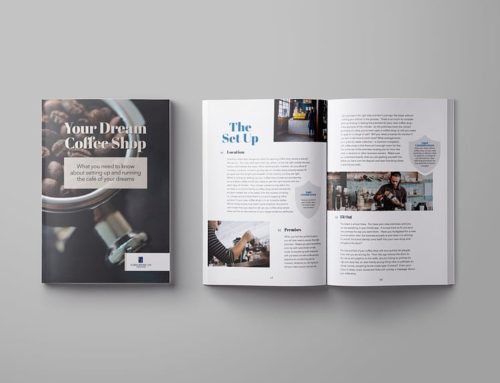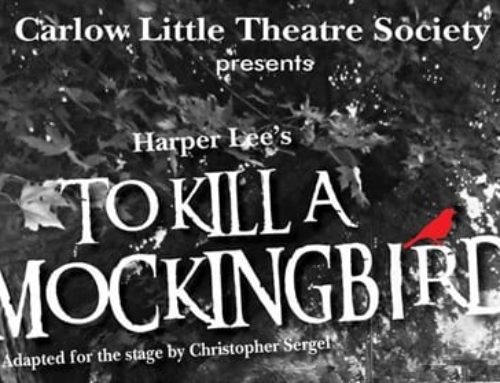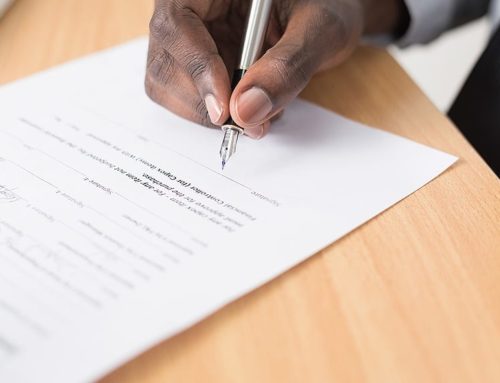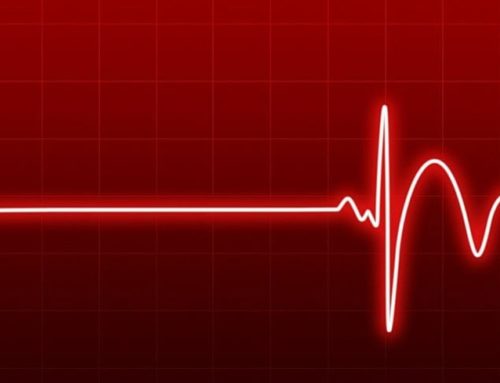The lack of thought with which photos were taken and shared is a cause for concern, says Claire O’Sullivan.
 By Claire O’Sullivan Irish Examiner Reporter
By Claire O’Sullivan Irish Examiner Reporter
Hannah Smith took her own life after being bullied online. Her father has called for called for new regulations to govern social media sites.
The speed at which pictures of a teenage girl performing oral sex on a male at the Eminem concert in Slane went viral online has ensured that online behaviour, or lack thereof, remained firmly in the headlines this week.
Cyberstories have dominated the news over the summer, whether it was death threats on Twitter, the rugby threesome, the suicide of Hannah Smith following alleged cyberbullying on Ask.fm, or the continued fall-out from Edward Snowden’s disclosures about US and British surveillance techniques via Wikileaks.
The pictures of the 17-year-old girl from the West of Ireland at the Eminem concert at Slane Castle on Saturday shocked many. Of course, teenagers are having oral sex with strangers, and yes, stupidly, some are doing it in public, sometimes when they are up to their gills in alcohol at rap concerts.
But the behaviour that jars more is that of those who frantically took pictures before posting them online.
Within hours, the deeply embarrassing images were being Tweeted, Instagrammed, and Facebooked all around the country, and internationally, until, days later, Facebook, Twitter and Instagram tried to systematically remove the images.
All this begs the question: Why are people recklessly forwarding exploitative images and, more importantly, images that could easily have been child pornography — as that young girl, who turned out to be just 17, looks far younger.
Also why, even though cyberbullying is such a hot topic, did they not think that there was anything wrong in propagating images that would do untold damage to a schoolgirl’s reputation? Her actions at Slane were ill-advised but does that mean that she can be so derided online that she had to be sedated by a doctor?
Lecturer at Trinity’s School of Law Owen O’Dell thinks that social media users are still blissfully unaware that sharing shock images online could invade a person’s privacy, or could be criminal.
“We are now living in a surveillance society,” says Dr O’Dell, “but people haven’t grasped the consequences of this.
“People still expect a certain degree of privacy and don’t expect images and comments to go viral. They don’t understand the great opportunities that exist for surveillance all around. This isn’t surveillance from a CCTV but this is surveillance enabled by the phones that everyone has in their pockets.
“I firmly believe that there is, as of yet, no social understanding of this. We haven’t made the necessary cultural shift. Maybe it will take another generation to accept this and to modify their behaviour?”
Partner and internet specialist at Clarke Jeffers Solicitors, William Clarke, agrees: “Like it or not, people still don’t think that what they are doing is wrong, whether its cyberbullying or posting exploitative pictures to friends. There’s a ‘nobody can see’ attitude, even though posting questionable comment online is far worse than shouting it around a pub.”
He believes, however, that with only a handful of cyberbullying cases going through the courts, neither is there a real civil or criminal deterrent.
“Drink-driving legislation changed the way people behaved,” says Mr Clarke. “The same thing will have to happen online if we have a crime of online harassment. The current instruments, such as an offence under the Non Fatal Offences Against the Person Act, aren’t working as the few amount of cases demonstrates and so behaviour isn’t changing.”
Dr O’Dell disagrees on the need for new legislation. He believes the existing laws are sufficient. Instead, he points to a ‘social gap’ that exists, going so far as to suggest that we will have to “work out how to live our lives differently” if we want to maintain any degree of privacy.
“What these images are doing is forcing us to understand that the sense of personal space and privacy that we would have taken for granted doesn’t exist anymore,” says Dr O’Dell. “I’ve been to Slane in the past. It was in the pre-phones era. If something like that was to have happened, it would have been watched by a little circle of people and would have led to mortification for the girl afterwards, but nothing like the mortification that online has created.”
Due to confirmation that the girl is 17, it looks like a crime was not committed. But did any of these ringside snappers ever stop to think that their photographs could be child porn?
O’Dell believes society is “only in the process of working out a response” to the surveillance society. “There’s a social gap out there at the moment,” he says. “We as a society are very conscious through education of the idea of a ‘guy with a van’ potentially harming children.
“Children, schools, NGOs, they’re all well aware of that. The same awareness, despite all the recent stories, still isn’t out there around the online world. People have no understanding of what is appropriate in a surveillance society and how we are all going to have to rethink our privacy and social parameters, as there is no going back to privacy as it once was.”
© Irish Examiner Ltd. All rights reserved






